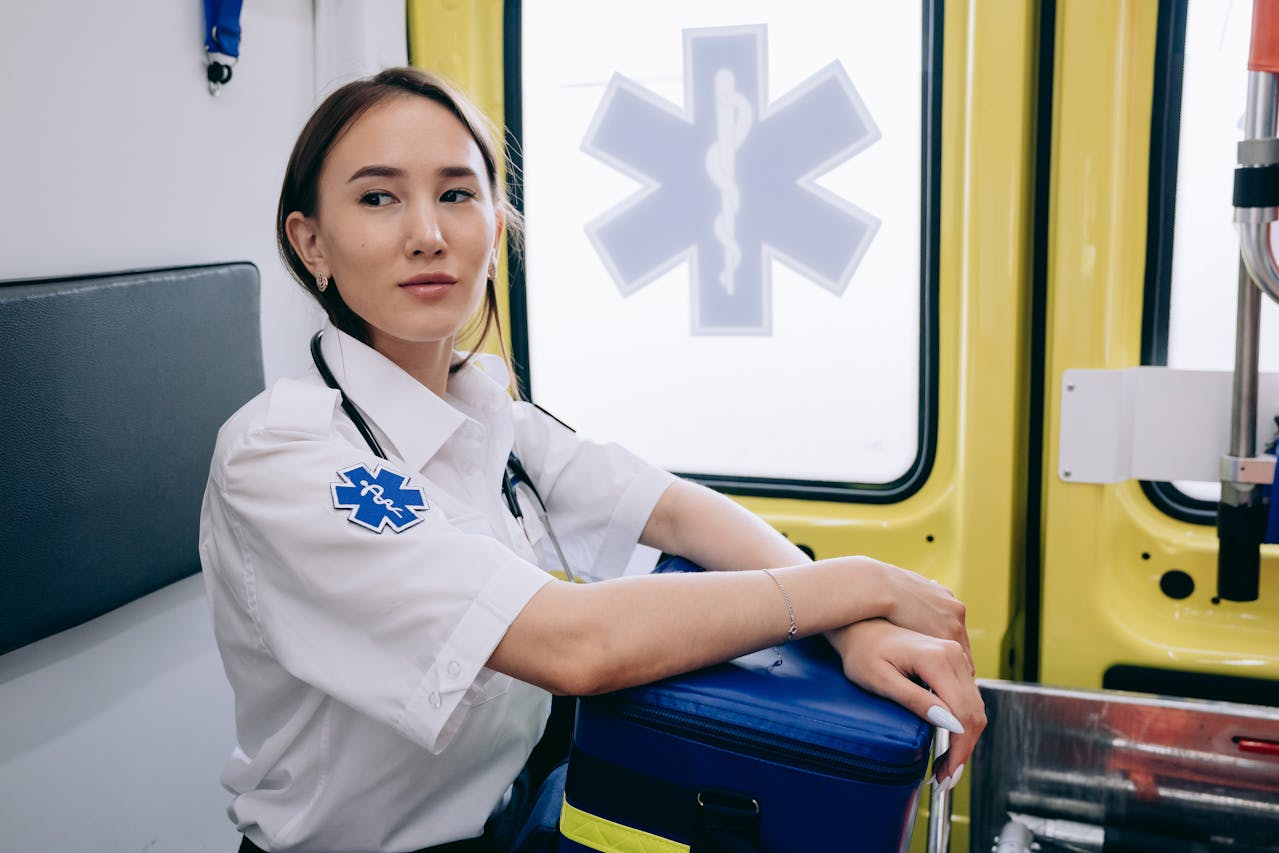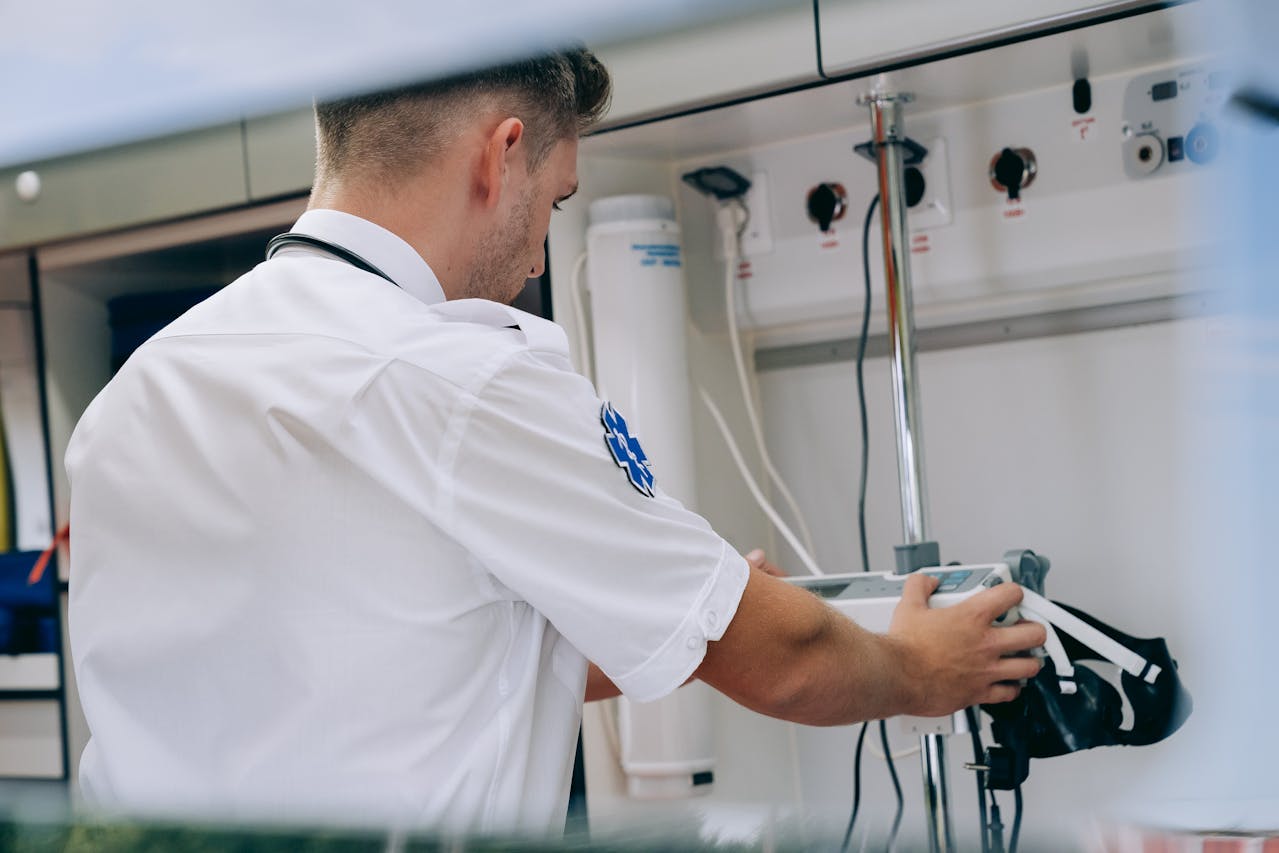Emergency medicine is one of the most dynamic and challenging fields in healthcare. Professionals in this specialty provide immediate care to patients suffering from acute illnesses and injuries. From high-pressure hospital shifts to public leadership, emergency physicians like Dr. Raina Merchant exemplify the impact and breadth of this field. For medical students considering a career path that demands critical thinking, adaptability, and resilience, emergency medicine offers a fast-paced and deeply rewarding experience.
What Is Emergency Medicine?
Emergency medicine is the medical specialty dedicated to diagnosing and treating urgent health conditions that require immediate attention. Emergency physicians manage patients across all age groups and medical conditions, often dealing with life-threatening situations where rapid decision-making is crucial.
Emergency departments (EDs) are often the first point of care for individuals with severe trauma, cardiac emergencies, strokes, respiratory distress, and other critical illnesses. Physicians working in emergency medicine must stabilise patients, initiate treatment, and coordinate further care with specialists when necessary.
Medical students pursuing a medical degree in Malaysia gain exposure to emergency medicine during their clinical rotations, developing skills essential for acute care environments.
Core Concepts and Goals
Emergency medicine revolves around several key principles:
- Rapid Assessment and Stabilisation: Quickly evaluating and managing patients with potentially life-threatening conditions.
- Broad Medical Knowledge: Being prepared to treat a wide range of conditions, from trauma to infections to psychiatric emergencies.
- Prioritisation of Care: Using triage systems to identify the most critical cases and allocate resources efficiently.
- Team Collaboration: Working closely with nurses, paramedics, surgeons, and specialists to deliver timely, effective care.
Emergency physicians must stay calm under pressure, handle unpredictable caseloads, and make quick, informed decisions that can mean the difference between life and death.
Key Responsibilities of an Emergency Physician
The role of an emergency physician is diverse and demanding, including:
Initial Evaluation and Diagnosis
Performing rapid physical examinations, ordering immediate diagnostic tests, and forming quick but accurate clinical judgments about a patient’s condition.
Emergency Procedures
Carrying out lifesaving interventions such as intubation, defibrillation, chest tube placement, wound management, and fracture stabilisation.
Critical Decision-Making
Determining whether patients require hospital admission, specialist referral, surgical intervention, or safe discharge.
Patient Communication
Explaining diagnoses, treatment plans, and follow-up care instructions clearly to patients and their families, often under emotionally charged circumstances.
Public Health and Disaster Preparedness
Participating in public health initiatives, mass casualty incident planning, and disaster response programmes as part of broader community health responsibilities.
Specialisations in Emergency Medicine
Emergency medicine professionals can further specialise in areas such as:
- Paediatric Emergency Medicine: Focusing on the unique needs of infants, children, and adolescents in emergency settings.
- Toxicology: Specialising in the treatment of poisonings, overdoses, and chemical exposures.
- Emergency Medical Services (EMS): Providing pre-hospital care and coordinating ambulance services.
- Sports Medicine: Managing acute musculoskeletal injuries related to physical activity.
- Critical Care Medicine: Offering intensive care to the most severely ill patients beyond the emergency department.
Subspecialty training often requires additional fellowships following completion of an emergency medicine residency.
Essential Knowledge and Skills
Emergency physicians must master a wide range of competencies, including:
Clinical Expertise
Understanding a broad spectrum of diseases and injuries, and maintaining proficiency in emergency procedures.
Leadership and Teamwork
Leading multidisciplinary teams during resuscitations and high-pressure situations, ensuring effective communication and collaboration.
Emotional Resilience
Managing the psychological stresses associated with treating critically ill or injured patients and coping with unpredictable outcomes.
Time Management
Efficiently handling multiple patients simultaneously while ensuring each receives high-quality care.

Professionalism and Ethical Considerations
Ethics play a significant role in emergency medicine. Emergency physicians must:
- Respect Patient Autonomy: Making every effort to obtain informed consent, even in urgent circumstances.
- Practice Non-Discrimination: Providing equitable care regardless of a patient’s background, condition, or ability to pay.
- Ensure Patient Confidentiality: Upholding privacy standards, even in the chaotic emergency department setting.
Medical students preparing for emergency medicine are encouraged to develop strong ethical foundations early in their training.
Additional Considerations
Emergency medicine offers diverse work environments beyond the hospital, including:
- Urgent Care Centres: Providing immediate care for non-life-threatening conditions.
- Military and Humanitarian Settings: Delivering emergency medical services in combat zones or disaster-stricken areas.
- Academic and Research Roles: Teaching medical students and residents, or conducting research to improve emergency care practices.
The specialty also offers flexibility, with opportunities for both full-time clinical practice and part-time work combined with research or teaching.
Final Thoughts About Careers in Emergency Medicine
A career in emergency medicine is both demanding and deeply fulfilling. It attracts individuals who thrive in fast-paced environments, are passionate about critical care, and are committed to making an immediate impact on patients’ lives.
If you are interested in pursuing a degree in medicine in Malaysia and envision a future where every decision matters, emergency medicine could be the perfect career path for you.
FAQs About Careers in Emergency Medicine
1. What skills do you need for a career in emergency medicine?
You need strong clinical knowledge, excellent decision-making abilities, emotional resilience, leadership skills, and the ability to work under pressure.
2. How long does it take to become an emergency physician?
It typically requires four to six years of medical school, followed by three to four years of residency training in emergency medicine. Additional fellowships can add one to two more years for subspecialisation.
3. Is emergency medicine a stressful career?
Emergency medicine can be stressful due to the high-stakes nature of the work, fast pace, and emotional demands. However, many physicians find it extremely rewarding and manageable with the right coping strategies.
4. What is the job outlook for emergency medicine?
The demand for emergency physicians remains strong globally due to increasing healthcare needs, population growth, and expanded access to emergency services.






